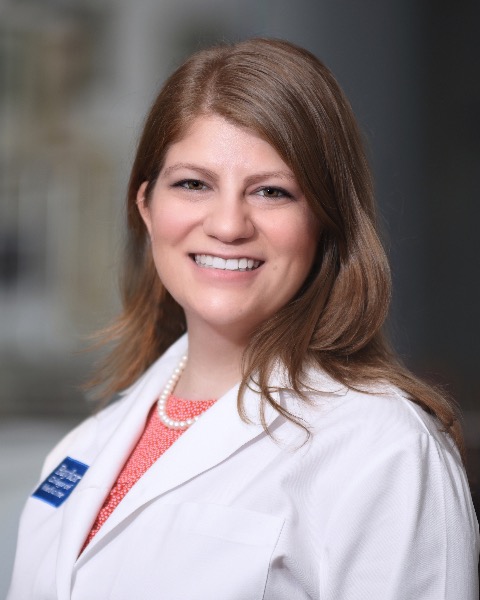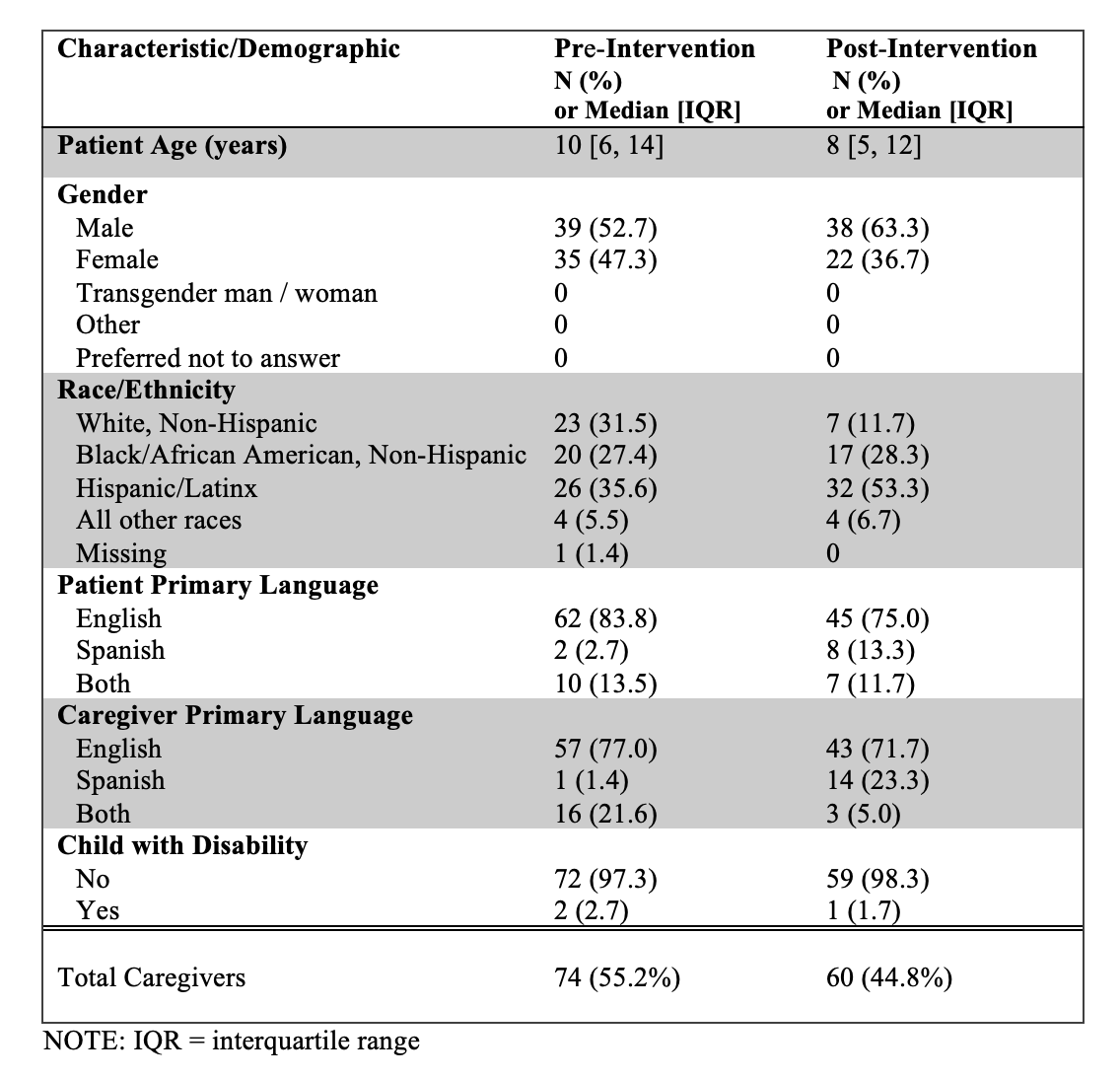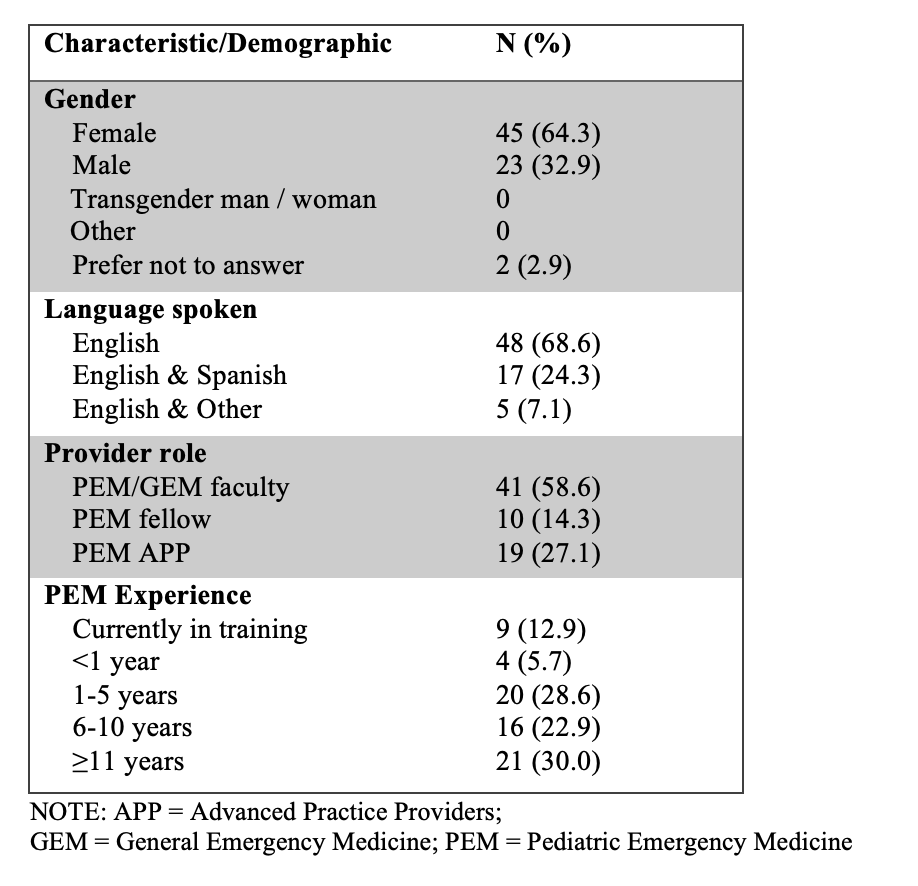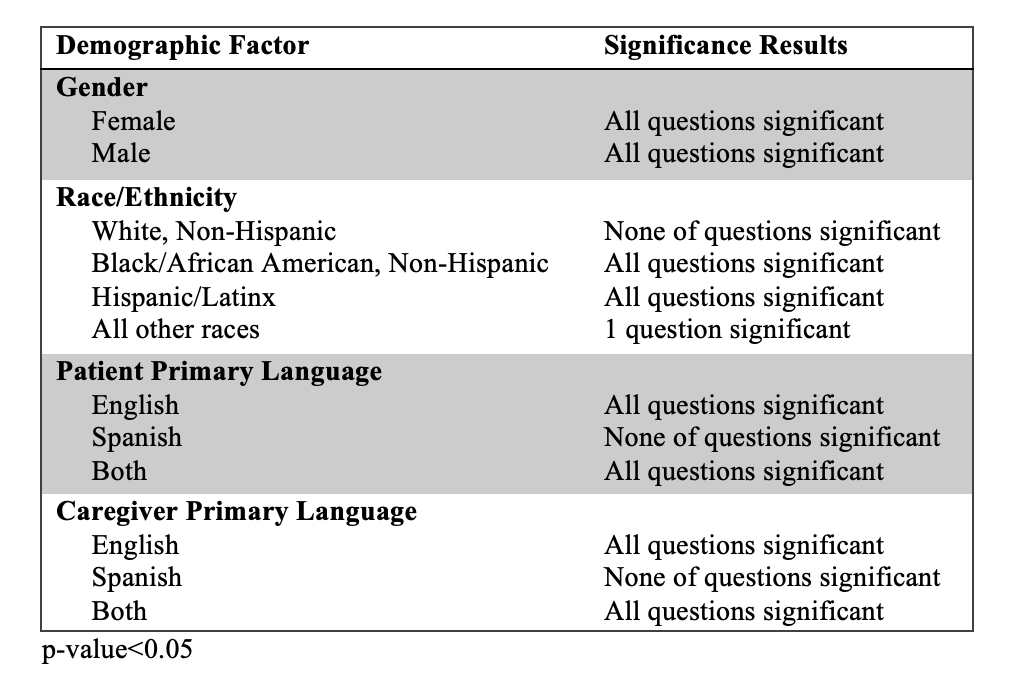Emergency Medicine 4
Session: Emergency Medicine 4
257 - Transforming Care: Benefits of a Child-Centered Communication Curriculum in the Pediatric Emergency Department
Saturday, April 26, 2025
2:30pm - 4:45pm HST
Publication Number: 257.6560
Ashira M. Klein, Baylor College of Medicine/Texas Children's Hospital, Houston, TX, United States; Neha Kumar, Texas Children's Hospital, Houston, TX, United States; Shealynn F.. Hopson, Baylor College of Medicine/Texas Children's Hospital - - Houston, TX, Burleson, TX, United States; Andrea L. Dean, Baylor College of Medicine/Texas Children’s Hospital, Houston, TX, United States; Elizabeth Camp, Baylor College of Medicine, Houston, TX, United States; Nidhi Singh, Baylor College of Medicine, Houston, TX, United States; Elizabeth Moran, Baylor College of Medicine / Texas Children's Hospital, Houston, TX, United States

Ashira M. Klein, MD (she/her/hers)
Fellow, Pediatric Emergency Medicine
Baylor College of Medicine/Texas Children's Hospital
Houston, Texas, United States
Presenting Author(s)
Background: The American Academy of Pediatrics emphasizes family and patient centered care to enhance patient safety, patient/physician satisfaction, and health outcomes. However, studies show suboptimal communication across medical settings. While many educational initiatives exist to teach communication skills, few focus on engaging younger patients, and even fewer evaluate outcomes beyond provider self-evaluation.
Objective: The primary objective was to assess the impact of a child-centered communication training on pediatric emergency medicine (PEM) providers’ ability to communicate with pediatric patients, including stratification of impact by respondent demographics. Secondarily, we assessed providers’ satisfaction with the training and the impact on their self-reported communication skills.
Design/Methods: This prospective pre-post cohort study in a children’s emergency department (ED) evaluated a child-centered communication training for PEM attendings, fellows, and advanced practice providers. A convenience sample of caregivers of children seen in the ED (aged 3-18) receiving interventions or needing admission were surveyed. Caregivers rated providers’ communication using a 9-item Likert scores tool (1 “worst” to 5 “best”) with surveys in English and Spanish, pre and post their providers’ completion of the workshop. Independent t-testing compared pre and post intervention data. Providers also self-reported their communication skills and attitudes pre and post workshop. A p-score of < 0.05 was considered statistically significant.
Results: 134 caregivers completed surveys, 74 pre and 60 post-intervention. Demographics of the groups were similar, except higher proportions of Latinx and Spanish as a primary language in the post-intervention group. Median scores significantly increased after the workshop on each of the items, from 4 to 5 (p < 0.001). When scores were stratified by demographics, significance persisted in Black (p < 0.001) or Latinx subgroups (p < 0.001), however not for the Spanish language subgroup (p=0.62). 70 PEM providers underwent the training. They reported improved self-evaluated communication skills (p < 0.05) and would recommend the training to a colleague (100%).
Conclusion(s): This study uniquely demonstrated improved communication outcomes as reported by patient caregivers of providers in a pediatric ED who underwent a novel training. It is noteworthy that the effect was seen in children from diverse backgrounds. Future interventions should focus on child-centered communication for non-English speaking patients. The training was well-received by PEM providers with self-reported improvement.
Patient and Caregiver Characteristics (N = 134)

PEM Provider Characteristics (N = 70)

Results Stratified for Patient and Caregiver Demographics
 Results of all Likert scale items (pre vs. post) stratified for patient and caregiver characteristics
Results of all Likert scale items (pre vs. post) stratified for patient and caregiver characteristicsPatient and Caregiver Characteristics (N = 134)

PEM Provider Characteristics (N = 70)

Results Stratified for Patient and Caregiver Demographics
 Results of all Likert scale items (pre vs. post) stratified for patient and caregiver characteristics
Results of all Likert scale items (pre vs. post) stratified for patient and caregiver characteristics
